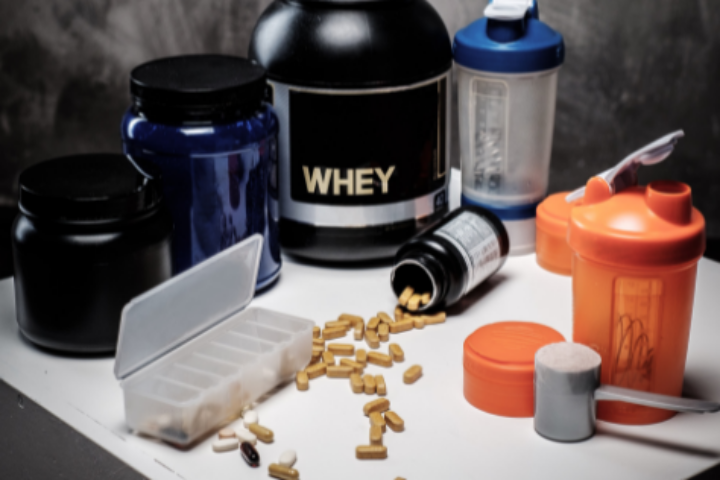If you are trying for a baby or you are already pregnant, most doctors will usually advise you to stop drinking alcohol. Why? Because studies have shown that alcohol can have many negative effects on fertility and pregnancy. This post takes a look into some of the reasons why alcohol should be avoided when having a baby.
Can alcohol affect a woman’s ability to conceive?
If you are a woman, drinking alcohol regularly could actually be preventing your ability to fall pregnant.
This is due to alcohol’s effect on hormone levels in the body. Because the liver is unable to remove excess estrogen, it can lead to unwanted fertility issues such as changes in ovulation and reduction of eggs, both of which can affect a woman’s ability to fall pregnant. Quitting alcohol temporarily will help you to more easily maintain the required level of estrogen to conceive.
Can alcohol affect male fertility?
Men need to also watch their alcohol consumption while trying for a baby. Drinking too much alcohol can affect the testes ability to produce testosterone. This can lead to low quality sperm which can reduce the ability for conception.
What are the health risks of drinking while pregnant?
Recently found out you are pregnant? Giving up alcohol during your pregnancy could be a wise move. This is because alcohol can increase the risk of various complications including:
- A miscarriage
- Giving birth to a stillborn
- Giving birth to a baby with a low birth weight
- Giving birth to a baby with physical or mental disabilities/deformities (known as fetal alcohol syndrome)
Alcohol consumption can negatively affect the liver’s ability to remove excess estrogen from the bloodstream. Fine levels of this hormone are required to maintain a healthy pregnancy. Drinking alcohol can disrupt the liver’s ability to remove excess estrogen by focusing its attention on removing alcohol from the bloodstream. This can ultimately affect the fine hormone balance to carry a healthy baby full term.
On top of this, alcohol in the blood can end up going straight into the baby via the umbilical cord. The baby’s liver and other organs are still forming and therefore it cannot filter out this alcohol. This can in turn lead to the various deformities associated with fetal alcohol syndrome or death of the fetus.
How much alcohol can you drink while pregnant?
Many fertility experts recommend not drinking any alcohol during pregnancy to fully reduce the risks. Not only does avoiding alcohol help make it easier to maintain healthy hormone levels, but it can also ensure that no alcohol reaches your baby’s fetus while it is forming.
If you struggle with alcoholism, it may be necessary to consider alcohol rehab to help overcome any addiction so that you can maintain a healthy pregnancy. If you are not yet pregnant and are trying to conceive, you could consider looking into alcohol treatment before falling pregnant so that you can start the process sober and reduce any risks that could be caused by drinking during the first trimester. You’ll find many resources online.
Conclusion
Alcohol consumption can affect both the ability to conceive and the ability to carry a healthy baby full term.
It is most damaging to women, because they are the carriers of the baby. Unhealthy estrogen levels can cause complications when trying to conceive and complications during pregnancy. However, the biggest health risk while pregnant is the development of fetal alcohol syndrome, which can be caused by the tiniest drop of alcohol during pregnancy.
It’s also important to reiterate that alcohol consumption can affect male fertility by damaging sperm quality. When trying for a baby, it could therefore be wise for both partners to give up alcohol temporarily for the best chance of conceiving.
If you would like to learn more about GENESIS Fertility New York or are ready to schedule an appointment, please speak with one of our representatives at 929-605-5467.






